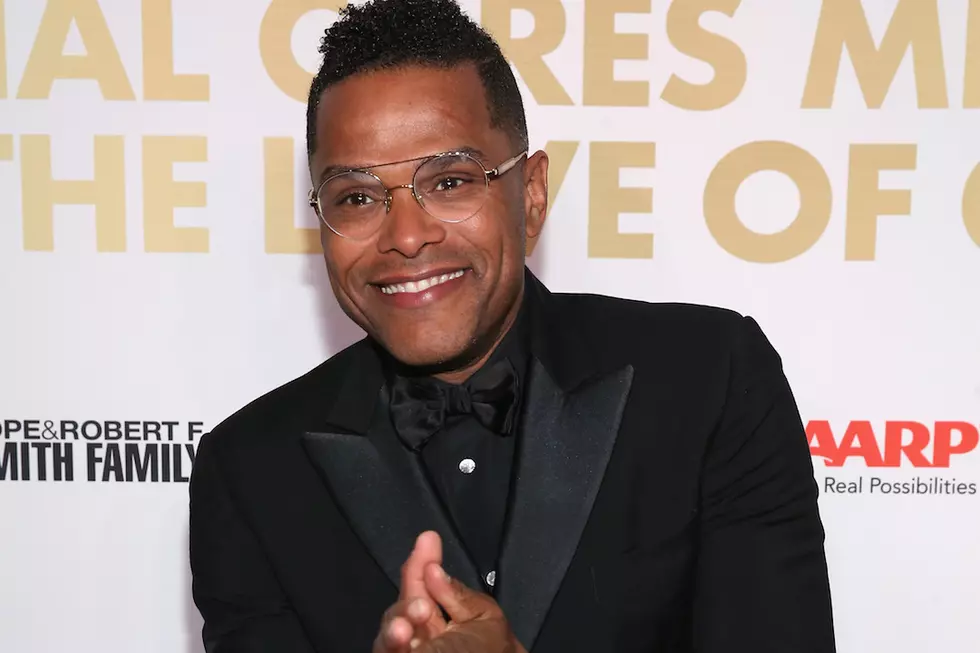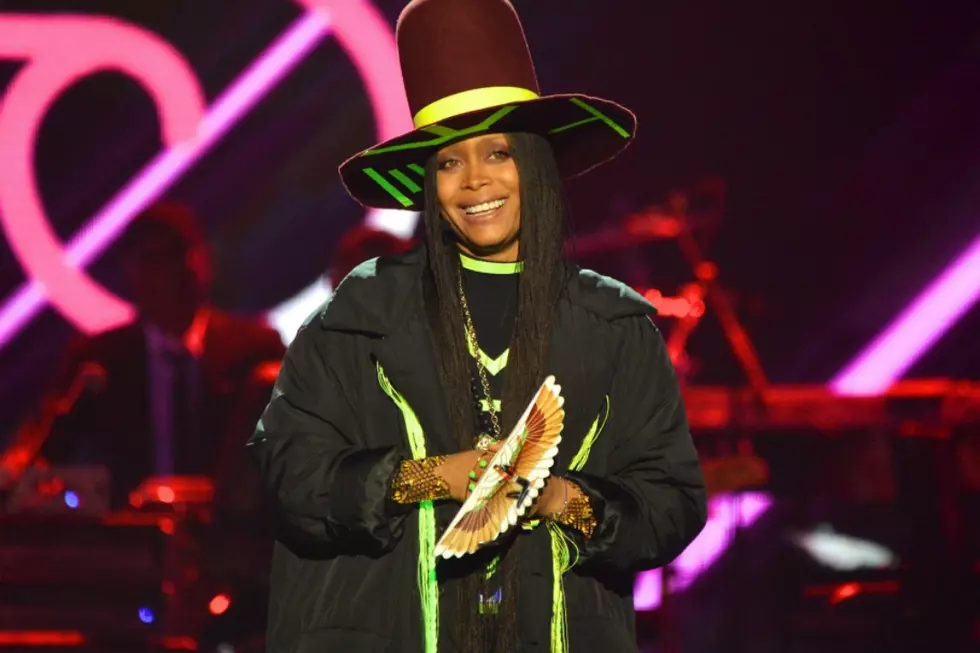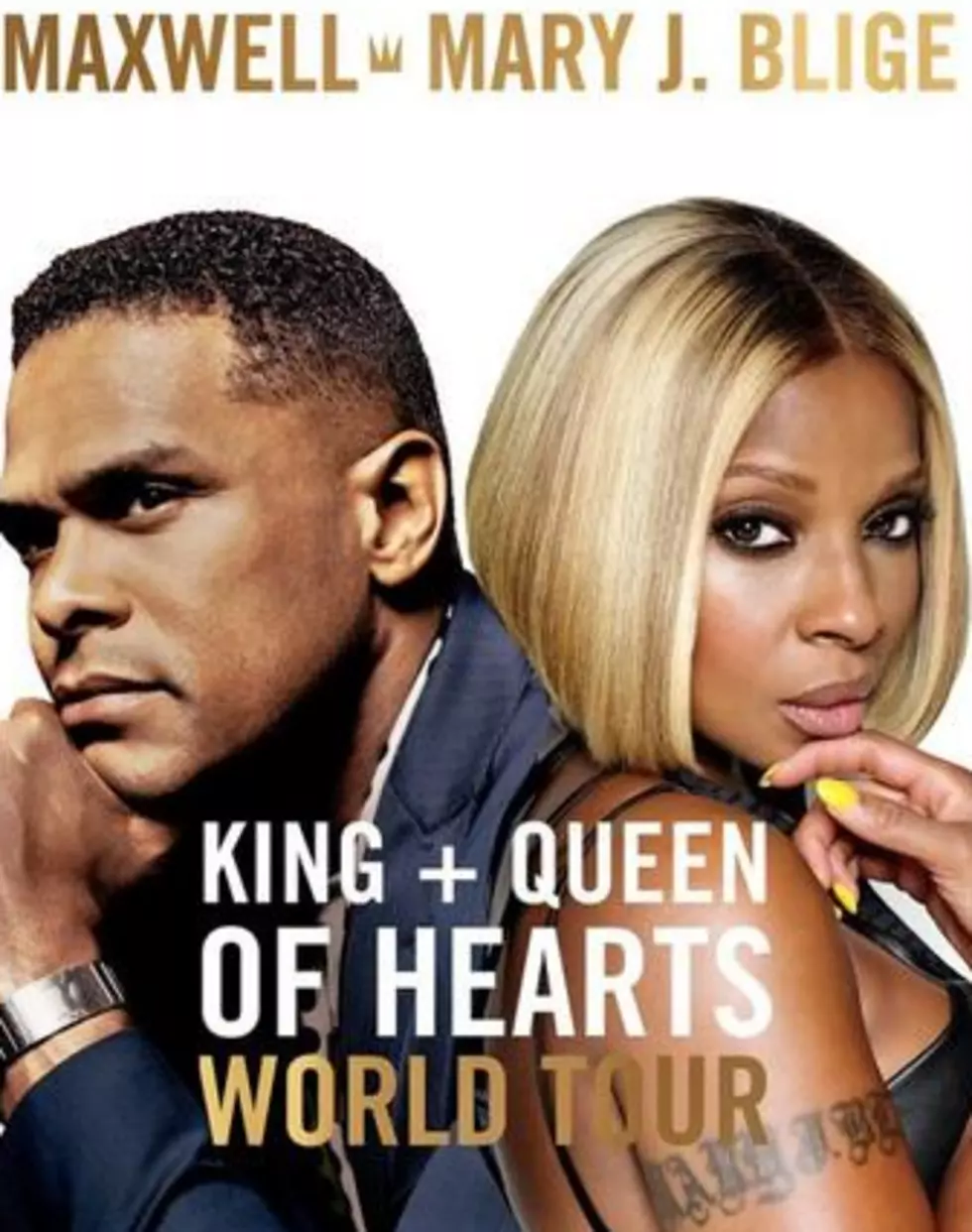
Maxwell’s Legacy Should Be Celebrated as ‘Urban Hang Suite’ Turns 20
In the mid-90s, there were three separate records that changed the tide of soul music—D’Angelo’s 1995 debut Brown Sugar, Erykah Badu’s 1997 debut, Baduizm, and there in the middle, Maxwell’s 1996 debut, Urban Hang Suite. These are the albums that would come to define a new movement conveniently dubbed "neo-soul," setting a new standard by incorporating live instrumentation, personal lyrics and a certain kind of sincerity and presentation that was evocative of great soul and jazz legends; from Marvin Gaye and Curtis Mayfield, to Miles Davis and Billie Holliday, while deliberately swaying away from the standard R&B sounds of the time. The albums became the standard bearers, not just because they were the first, but because they were fresh, genre-bending and generation-spanning.
As the middle child of the three records, the Grammy-nominated Urban Hang Suite is arguably the most experimental, yet in many ways, the most accessible. Both characteristics have helped established Maxwell as one of the great musicians of his generation. The 11-track album opens with “The Urban Theme,” a jam session that leans heavily on percussion and horns and serves as a glimpse into the tone Maxwell sets throughout the album-- and to a lesser degree, his entire career.
With the sultry lead single about a man intent on pleasing his woman, “Til the Cops Come Knockin’,” the Brooklyn-bred singer garnered comparisons to Prince, mostly because of the sexually charged video, which featured a wild-haired Maxwell crawling around on a hotel floor. When Maxwell utters, “were you embarrassed about the way we freaked?” in his smooth falsetto, the Prince lineage is clear. But although the song is undeniably sexy, there’s a level of sensual subtlety that pulls more directly from Marvin Gaye. In fact, Urban Hang Suite featured producer/arranger Leon Ware, who worked with Marvin Gaye (“I Want You), and Minnie Riperton ("Inside My Love). It also called on the talents of Funk Brother guitarist Melvin Ragin, signifying Maxwell’s appreciation for classic sounds despite his left-leaning approach to music. Yes, Maxwell was obviously inspired the aforementioned artists but this sound was all his own. His vocals are unique and immediately identifiable--caressing, rather than overpowering, the music.
Although other jam-inspired tracks such as "DanceWitMe" grounded the album, Urban Hang Suite’s anchor comes from two tracks that have are probably most associated with Maxwell even today-—”Ascension (Don’t Ever Wonder)” and “Sumthin Sumthin.” Groovy and airy, Maxwell’s skills as a lyricist are showcased on both singles, a combination of the relatable and multi-layered that has allowed him to remain a viable musical presence for two decades.
His writing is further exemplified on the ethereal ballad, “Whenever, Wherever, Whatever” which would be a precursor to the success he’d see with his hit cover of Kate Bush’s “This Woman’s Work” which would show up in the film Love & Basketball (though not on the official soundtrack) and later on his 2001 album, Now.
In the 20 years since Urban Hang Suite, Maxwell's influence has permeated soul music, influencing everyone from Frank Ocean to Miguel, from Robin Thicke to Rahsaan Patterson. Experimental yet routinely accessible, Maxwell's sound found its way onto urban radio and jazz stations alike. In some ways, the continued accessibility of his sound allotted him a level of commercial accessibility that surpassed the group of artists with whom he initially emerged in the mid-90s. But it's also caused critics and fans to sometimes casually overlook him when discussing the most forward-leaning, genre-bending artists of his generation; not as idiosyncratic as Badu, not as mysterious as D'Angelo.
Still, Maxwell has masterfully towed the line between the accessible and fiercely personal, and has become one of the most important artists to emerge in the past 20 years, setting a new soul standard that's proven to be timeless.
More From 107 JAMZ






![Maxwell Drops Lyric Video For Potential Follow Up Single From Black Summer [VIDEO]](http://townsquare.media/site/160/files/2016/06/GettyImages-469644584.jpg?w=980&q=75)



